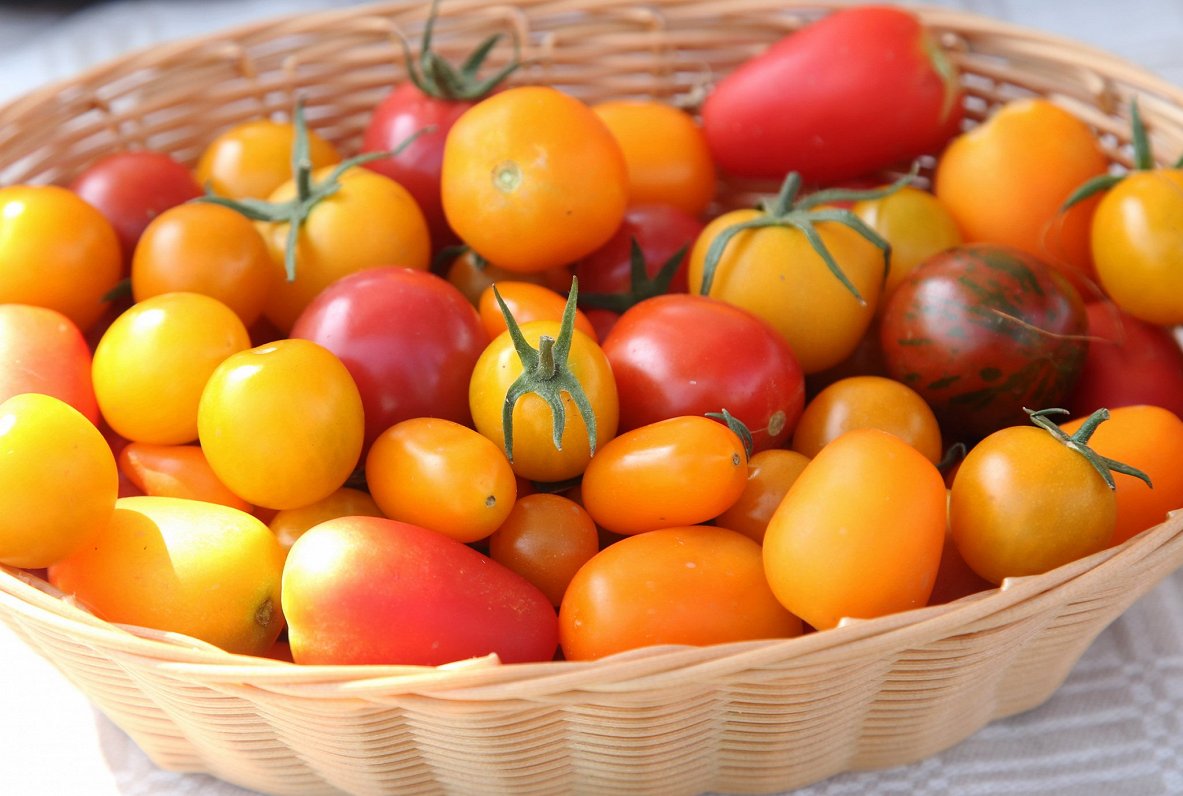Last year 455 inspections of food procurement in schools, social care and medical facilities, detention facilities and wholesale businesses took place.
Non-compliance with green procurement criteria was identified in 40% of cases, including the origin of the product, according to the Food and Veterinary Service (PVD) Food Distribution Monitoring expert Svetlana Aļminoviča- Miļjanoviča.
She said that, for example, procurement has requirements to supply local high-quality production, but there are supplies of lower quality or supplies from other countries. Sometimes other vegetables are supplied for objective reasons, such as insufficient spring harvest, but it was not aligned with the commissioning party.
The Association of Agricultural Cooperatives and the Latvian Union of Local Governments, compiling information from public food supply procurement participants, concluded that the capacity of the PVD to control these purchases at each time of supply should be increased in order to prevent market distortion in cases where the applicant demonstrates the ability to supply products produced in Latvia.
Edgars Brakše, board member of the Latvian Association of Agricultural Cooperatives, said that southern competitors such as Polish or Lithuanian vegetables may be cheaper, and then suppliers, for example, claimed that there were no carrots in Latvia and purchased cheaper Lithuanian carrots, although there were around 300 tonnes of carrots in Latvia.
However, the PVD said that the Green Public Procurement Compliance Review Service has to be carried out since 2018 and takes place selectively, taking into account the capacity of the service and the funding available. It would be necessary to reinforce the responsibility of the contracting authorities.
Aļminoviča- Miļjanoviča said that no additional funding was granted to the service by delegation of a new control function to the PVD.
The PVD further added that the information on the inspections carried out in 2021 was not yet compiled, but that due to the restrictions and precautions introduced by Covid-19, the number of checks is likely to be lower.
Some of the key objectives of the European Union's Green Public Procurement, according to official information of the European Commission, are the following:
- Increasing the share of organic products;
- Avoiding the consumption of fish and marine products from depleted stocks;
- Promoting an increased offer in plant-based menus;
- Avoiding food waste and improving the overall management of waste;
- Avoiding the use of single-use items;
- Reducing energy consumption in kitchens and vending machines;
- Reducing water consumption in kitchens.





























